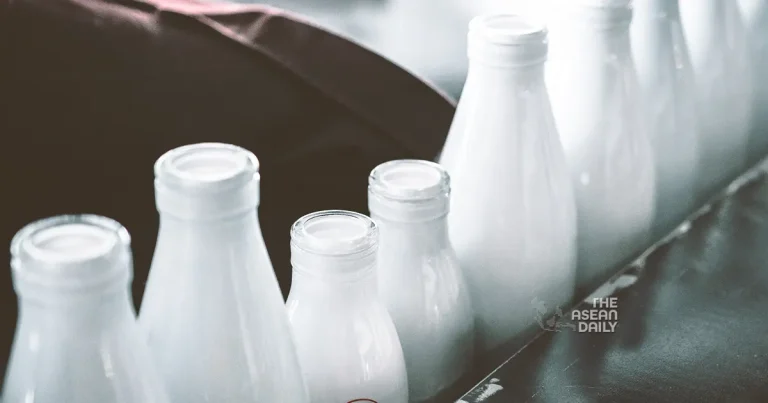26-10-2023 (SINGAPORE) Singapore will soon lift the requirements related to melamine for the import of milk and milk-related products from China, effective November 1, as confirmed by the Singapore Food Agency (SFA). These requirements were initially introduced in 2008 in response to the infamous melamine-contaminated milk powder scandal in China, which resulted in the poisoning of around 300,000 children.
The scandal unfolded when Chinese suppliers were found to have added melamine to powdered milk to artificially inflate its protein content. Melamine is a chemical commonly used in the production of plastic.
The regulations, set to be removed, dictated that products must be manufactured by facilities approved for export by Chinese authorities, and manufacturers were required to conduct batch-by-batch testing of their raw materials and products to ensure that they were free from melamine contamination. Additionally, Chinese authorities had to conduct melamine testing on each batch of products and issue health certificates with melamine test results for consignments sent to Singapore.
In response to inquiries from The Straits Times, the SFA announced that it is finally lifting these requirements since there have been no incidents of melamine contamination in milk and milk products from China since 2012. The agency did not provide specific details regarding why the requirements remained in place for so long.
SFA also noted that it has consistently monitored milk and milk-related products imported from China. In addition, it mentioned that since 2008, Chinese authorities have implemented enhanced regulations and control measures across their dairy production chain.
As part of the circular to milk and milk product traders issued on Monday, the SFA emphasized that China has bolstered its supervision and administrative procedures. These measures encompass more stringent production licensing, enhanced inspection and detection processes, heightened monitoring and evaluation efforts, and the imposition of stricter penalties for products found to contain melamine throughout the dairy food supply chain.
The SFA emphasized that import requirements are subject to periodic review, and all food imports, including milk and related products from China, must still adhere to the agency’s food safety standards.
The tainted milk powder scandal in China in 2008 resulted in the death of six children. Those responsible for the contamination and the subsequent cover-up were either executed or received lengthy prison sentences. In response to the crisis, the then Agri-Food and Veterinary Authority of Singapore temporarily banned the sale of Chinese-made milk products and conducted tests on more than 3,500 milk products. Additionally, it destroyed 16 Chinese milk products in Singapore found to contain excessive melamine levels (over five parts per million). Notable products affected included White Rabbit Creamy Candy and three varieties of Dutch Lady milk.
Over a decade after the scandal, Chinese consumers continue to view foreign brands as more reliable than domestic ones, according to reports from Bloomberg and the South China Morning Post. The SFA affirmed its commitment to collaborate with the industry to ensure that milk, milk products, and products containing milk imported from China remain safe for consumption.




